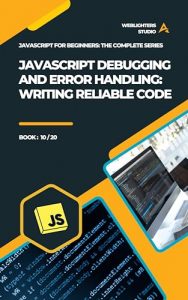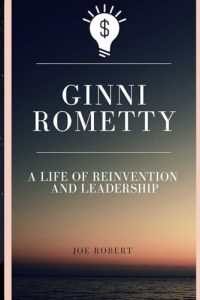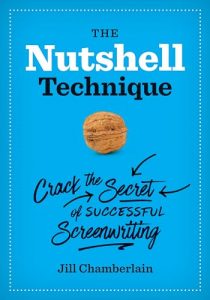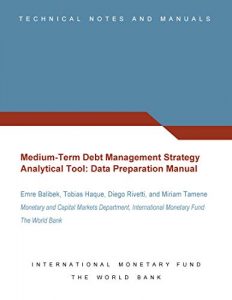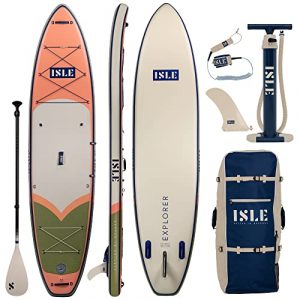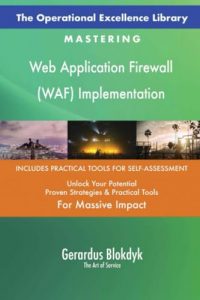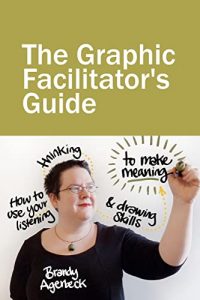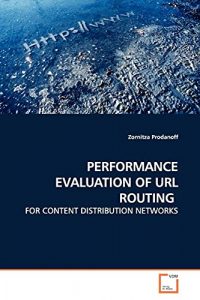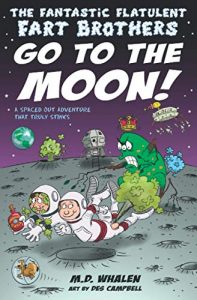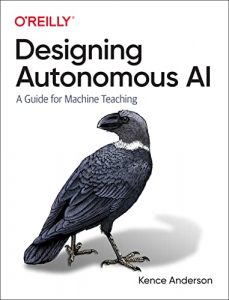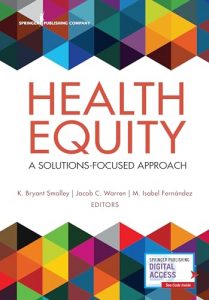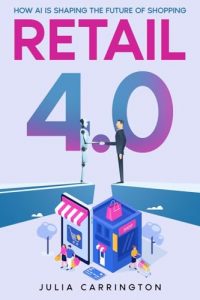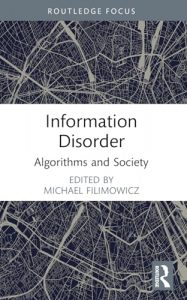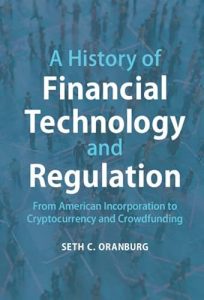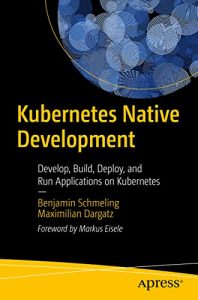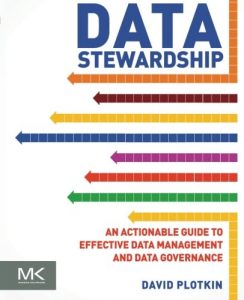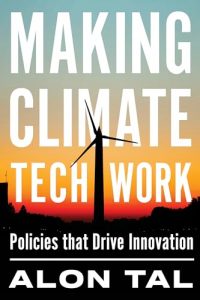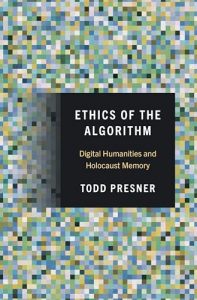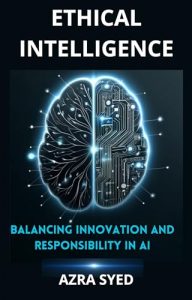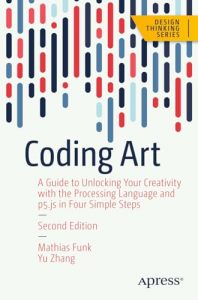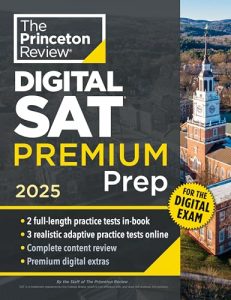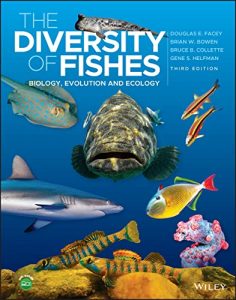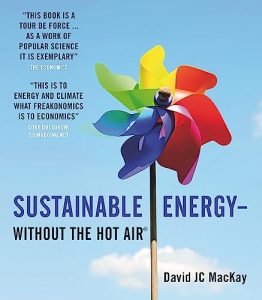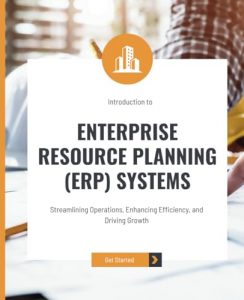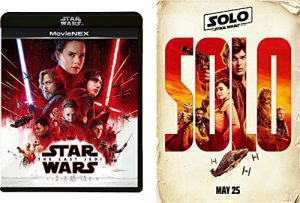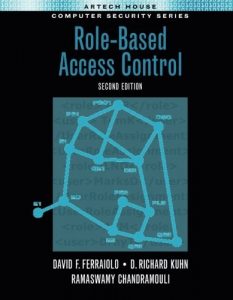Machine learning is revolutionizing the way we solve problems, make decisions, and shape the future. As one of the fastest-growing fields, it’s essential to build a strong foundation in the basics before diving into more advanced topics. Whether you’re just getting started or looking to enhance your understanding, a good book can serve as your best guide.
To make your journey easier, we’ve curated a list of the top 10 machine learning books for beginners. These books are highly recommended for their clarity, practical examples, and beginner-friendly approach.
1. “Hands-On Machine Learning with Scikit-Learn, Keras, and TensorFlow” by Aurélien Géron
If you’re looking for a hands-on, project-based introduction to machine learning, this book is perfect. It uses Python libraries like Scikit-Learn and TensorFlow to teach foundational concepts and how to build practical machine learning models.
#ad
Why it’s great:
- Practical focus with code examples.
- Covers both theory and implementation.
- Beginner-friendly explanations.
2. “Python Machine Learning” by Sebastian Raschka and Vahid Mirjalili
This book is a comprehensive guide to machine learning using Python. It provides detailed explanations of algorithms while guiding you through practical coding exercises.
#ad
Why it’s great:
- Strong focus on Python implementations.
- Includes hands-on projects and real-world examples.
- Suitable for beginners and intermediates.
3. “Machine Learning for Absolute Beginners” by Oliver Theobald
As the title suggests, this book is designed for absolute beginners. It explains machine learning concepts without overwhelming you with technical jargon or complex mathematics.
Why it’s great:
- Simple and straightforward.
- Perfect for readers without a programming background.
- Focuses on core concepts and terminology.
4. “Introduction to Machine Learning with Python” by Andreas C. Müller and Sarah Guido
This book is an excellent starting point for beginners who want to learn how to use Python for machine learning. It provides practical examples and teaches you how to implement algorithms using Scikit-Learn.
Why it’s great:
- Practical and easy-to-follow.
- Strong focus on Scikit-Learn.
- Covers the entire machine learning pipeline.
5. “The Hundred-Page Machine Learning Book” by Andriy Burkov
This concise guide packs an incredible amount of knowledge into just 100 pages. It’s perfect for readers who want a high-level overview of machine learning concepts.
Why it’s great:
- Short and concise.
- Covers a wide range of topics.
- Ideal for readers with limited time.
6. “Deep Learning for Beginners” by Dr. Pablo Rivas
For beginners interested in deep learning, this book offers an accessible introduction to neural networks and deep learning algorithms.
Why it’s great:
- Beginner-friendly approach to deep learning.
- Explains key concepts clearly.
- Includes hands-on exercises.
7. “Machine Learning Yearning” by Andrew Ng
Written by one of the most influential figures in AI, this book focuses on practical strategies for applying machine learning to real-world problems.
Why it’s great:
- Practical insights from an industry leader.
- Focus on problem-solving strategies.
- Free PDF version available.
8. “Deep Learning Illustrated” by Jon Krohn, Grant Beyleveld, and Aglaé Bassens
This visually engaging book provides an introduction to deep learning using graphics and illustrations to simplify complex topics.
Why it’s great:
- Visually appealing.
- Perfect for visual learners.
- Covers practical applications.
9. “Artificial Intelligence: A Guide to Intelligent Systems” by Michael Negnevitsky
Though broader in scope, this book introduces machine learning as part of a larger discussion on AI. It’s a great starting point for understanding the connection between AI and machine learning.
Why it’s great:
- Provides context within AI.
- Covers basic machine learning concepts.
- Ideal for beginners exploring AI.
10. “Pattern Recognition and Machine Learning” by Christopher M. Bishop
This classic textbook is a comprehensive guide to pattern recognition and machine learning. While slightly more advanced, it’s an essential resource for those looking to deepen their understanding.
Why it’s great:
- A solid theoretical foundation.
- Detailed explanations of algorithms.
- Widely respected in the field.
How to Choose the Right Book for You
- Skill Level: If you’re a complete beginner, start with books like Machine Learning for Absolute Beginners or The Hundred-Page Machine Learning Book.
- Focus Area: Decide if you want a practical guide (Hands-On Machine Learning) or a theoretical foundation (Pattern Recognition and Machine Learning).
- Learning Style: Visual learners might prefer Deep Learning Illustrated, while coders will benefit from Python Machine Learning.
Embarking on a journey into machine learning can be overwhelming, but the right resources can make all the difference. These ten books are among the best for beginners, offering a mix of theory, practical exercises, and insights from industry experts. Pick one (or more) that aligns with your interests and learning style, and get started today. The future of technology awaits, and there’s no better time to dive in!





